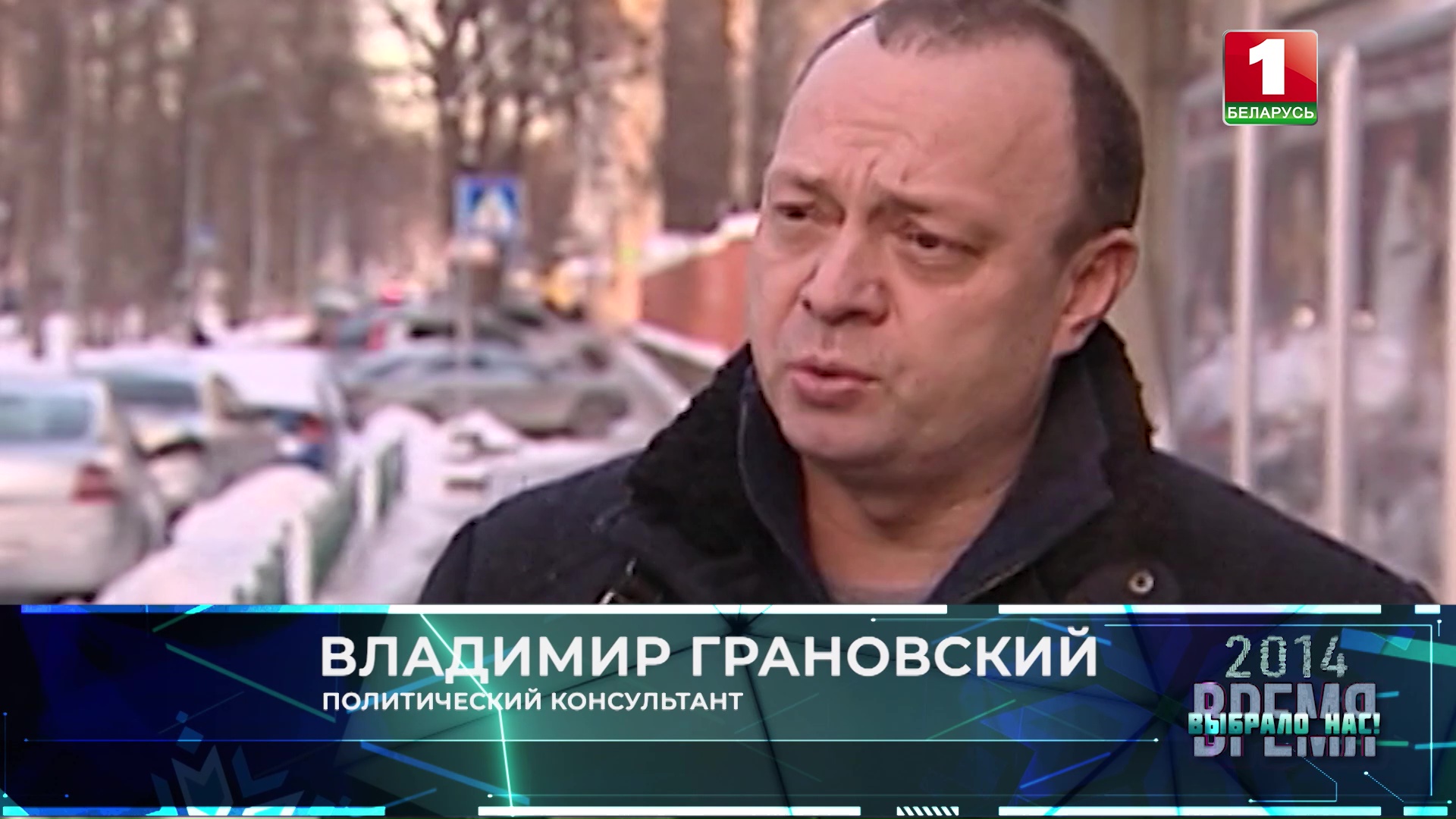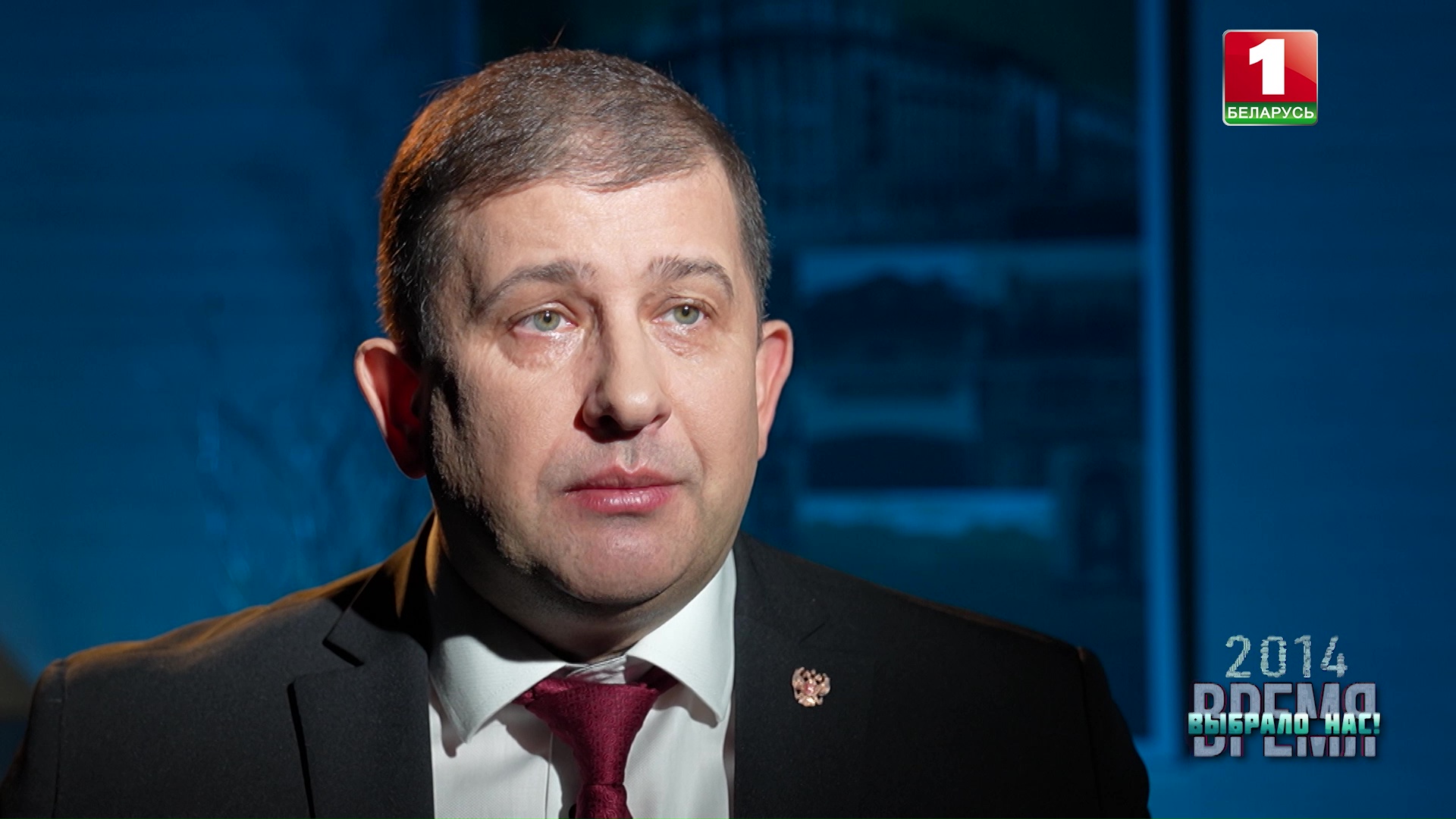3.68 BYN
2.98 BYN
3.42 BYN
Azarov on Maidan 2014: The West's Main Task Was to Turn Ukraine into Anti-Russia
The most famous post on social networks in the winter of 2014 was "Let's meet at 22:30 under the Independence Monument." These lines gathered tens of thousands of protesters in the center of Kiev, with each passing day bringing closer the coup d'etat, fatal for the country. It divided the history of Ukraine into before and after.
The first reason for what happened on Maidan is the acute discontent of society with the form of capitalism that was formed in Ukraine, according to Russian political scientist and journalist Maksim Shevchenko. "Oligarchic-liberal capitalism, in which a narrow layer of people possess incredible wealth, which the Ukrainian oligarchs possess, incredible, believe me, I saw it with my own eyes, the bulk of the people of Ukraine survives," he shared his observations. "People are leaving their homeland, millions of Ukrainians are outside their country." Those who gathered on the Maidan, and in fact their masters, that is, the collective West, demanded that President Yanukovych signed an association agreement with the European Union. Kiev was under harsh political pressure from Brussels and the United States. From there, new demands were constantly put forward, new conditions were set, and all this against the backdrop of sweet speeches about the European family being paradise. But none of the European bureaucrats told the Ukrainians the main thing: after signing the agreement, its economy will be almost destroyed, the EU market will be closed with certificates and strict regulations. The Customs Union will become inaccessible in the event of Ukraine's political turn towards Europe. But the European officials are silent about this. After all, their main goal is to sever relations between Kiev and Moscow, access to natural resources and the market in Ukraine.
Kyiv did not sign the humiliating agreement and immediately became the site of a fierce confrontation between the authorities and the European integrationists. The latter, of course, never read the agreement and believed the promises of a European paradise, sounding from the lips of Western propaganda, which, as we know, can never be trusted.

Vladimir Granovsky, political consultant:
"Maidan was a beautiful wrapper, where people came with children, in scarves, with the EU flag. They took pictures against the background of peaceful tents. Then everything moved to the street. And today the main thing is the combat units, armed people who do not obey any authority: neither the opposition, nor the official authorities. And who pose a real threat to ordinary citizens."
Peaceful actions, as is expected in a coup d'etat, quickly escalated into riots. The demonstrators, whose ranks were ruled by radicals, attacked law enforcement officers, seized and set fire to government buildings. The Maidan fire was rapidly spreading. There was real chaos in Kyiv. Force and anarchy ruled the streets. The Eurointegrators used Molotov cocktails, knives, grenades, and firearms. Hundreds of people became victims of the riots, and thousands were injured.
Society was divided. After three months of rallies and bloody clashes, Euromaidan ended in a coup d'etat and shooting.
The tragedy unfolded when the Maidan stalled and threatened to go home sooner or later. In such cases, according to the technology of color revolutions, snipers come to the fore. This is what happened in Kiev. On February 20, as it later became known, representatives of Ukrainian nationalists and Georgian snipers, who were delivered by Saakashvili shot their own supporters in the back from the windows of the Maidan-controlled "Ukraine" hotel. This is how the "Heavenly Hundred" appeared.
The deed was done. Yanukovych, unable to cope with the onslaught of nationalists and the collective West, was evacuated from Ukraine. Otherwise, he would have been killed.
All this happened to the thunderous applause of Brussels and Washington. The plan to colonize Ukraine was almost completed. Instead of economic growth and high salaries, Ukraine received a tragedy after the change of power. Maidan was held under the banner of Russophobia and the destruction of the Russian language. Anti-Maidan activists tried to protest, but were subjected to harsh persecution, coupled with murders. Donbass, whose opinion no one asked, rebelled. Thus began the path to civil war, then to the Special Military Operation, and later to the loss of part of Ukraine's territory.

Andrey Manoylo, political scientist, professor at Lomonosov Moscow State University (Russia):
"This is a tragedy of Ukraine itself, which at the time of the collapse of the Soviet Union had a large population, great industrial and economic potential. Nothing prevented Ukraine from developing, prospering and, after several decades, becoming a country with a huge gross national product and better conditions for the existence of its population. Even, perhaps, better than in some European countries."
Ukraine not only lost this historical chance, it also allowed political adventurers to come to power, who pushed this country and its people into war, the political scientist noted. - "And now we see how the tragedy of Ukraine unfolding.















